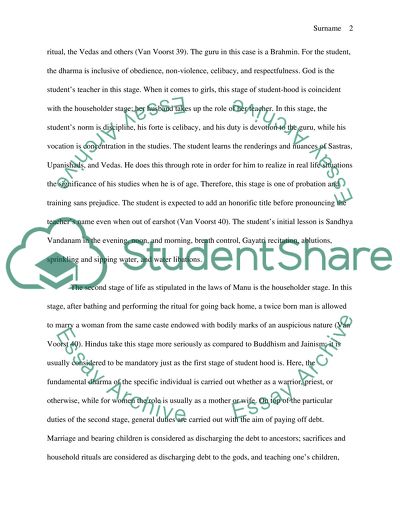Cite this document
(“Four Stages of Life Essay Example | Topics and Well Written Essays - 1000 words”, n.d.)
Four Stages of Life Essay Example | Topics and Well Written Essays - 1000 words. Retrieved from https://studentshare.org/religion-and-theology/1487552-four-stages-of-life
Four Stages of Life Essay Example | Topics and Well Written Essays - 1000 words. Retrieved from https://studentshare.org/religion-and-theology/1487552-four-stages-of-life
(Four Stages of Life Essay Example | Topics and Well Written Essays - 1000 Words)
Four Stages of Life Essay Example | Topics and Well Written Essays - 1000 Words. https://studentshare.org/religion-and-theology/1487552-four-stages-of-life.
Four Stages of Life Essay Example | Topics and Well Written Essays - 1000 Words. https://studentshare.org/religion-and-theology/1487552-four-stages-of-life.
“Four Stages of Life Essay Example | Topics and Well Written Essays - 1000 Words”, n.d. https://studentshare.org/religion-and-theology/1487552-four-stages-of-life.


